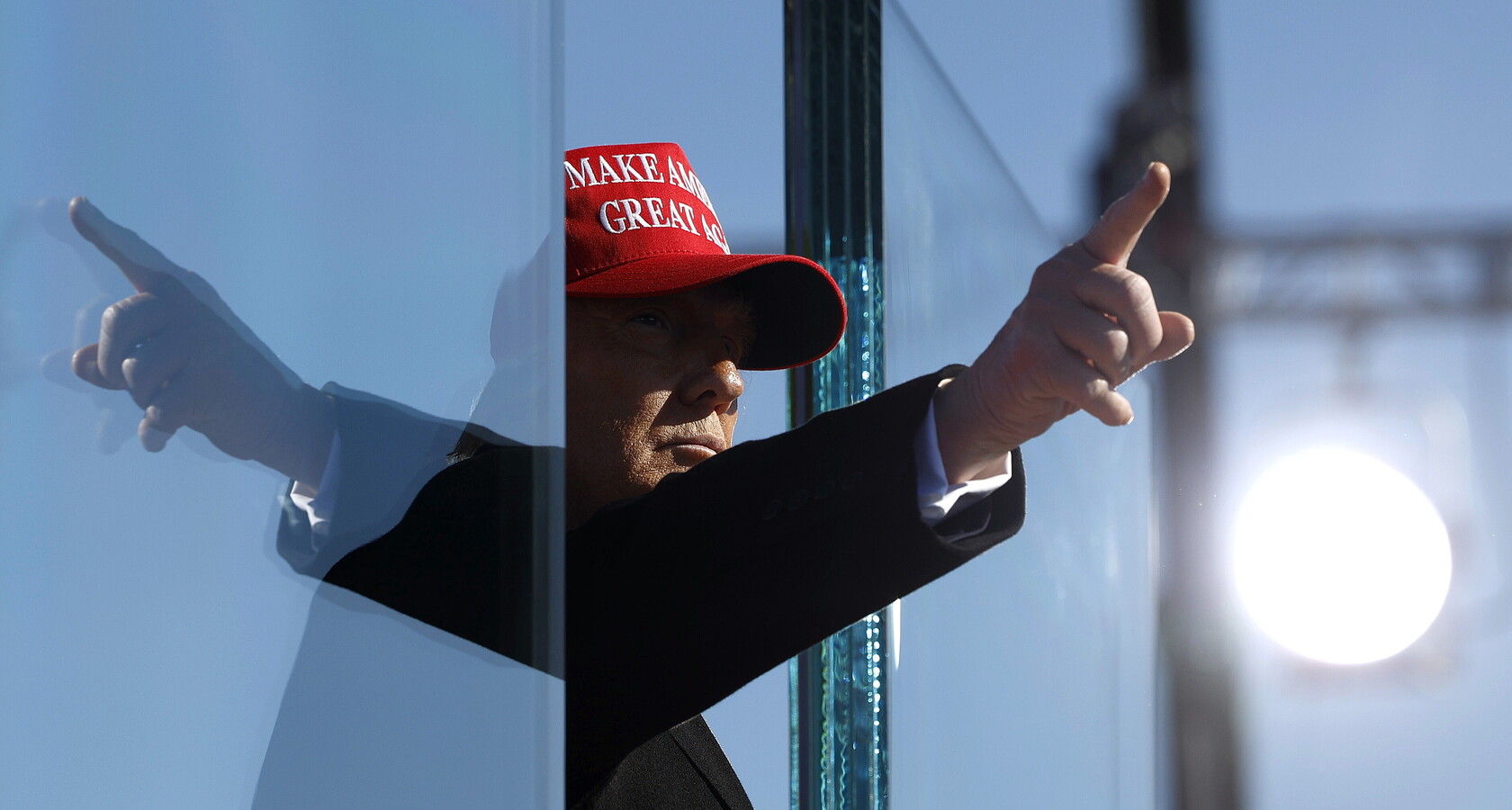
Unknown future
The unpredictability of the Donald
Trump’s second term will redefine America’s role on the world stage, with fewer international constraints and a sharper focus on national interests. Amid global tensions and shifting alliances, questions loom over the future of international balance and the U.S.-EU relationship
"U
npredictable". That’s the word analysts around the world most often use to describe the profile and agenda of America’s 47th president: Donald Trump. His vice-president, J.D. Vance, called it ‘the greatest political comeback in the history of the United States’ on the night of the win.
To grasp the significance of Trump’s victory, we must start with the data.On the evening of November 5, in addition to securing the Electoral College, Trump also won the popular vote, with about 5 million more votes than his opponent, Kamala Harris.
The Republican candidate swept all seven swing states. From Michigan to Pennsylvania, the Democratic frontrunner drew fewer votes than Joe Biden did in 2020. Among minority groups, Harris secured support from six in ten Hispanic voters and eight in ten African American voters—still fewer than Biden.
Trump’s victory was a decisive statement, built on two core issues: the fight against illegal immigration and the fight against inflation. Despite strong economic fundamentals (with 2024 GDP growth at 2.8 percent), the rising cost of living remained an unresolved burden. Even the Biden administration’s massive efforts, like the Inflation Reduction Act, failed to ease it. This sense of social insecurity drove voters toward a proposal distinct from the outgoing administration.
On election night, Donald Trump delivered a surprisingly ‘institutional’ speech, as several commentators noted. One of the most striking moments was his warm tribute to Elon Musk: ‘A star is born,’ declared the President-elect. In the days that followed, the transition team announced that Musk would join the administration as head of government efficiency. Another key appointment was Senator Marco Rubio as Secretary of State.
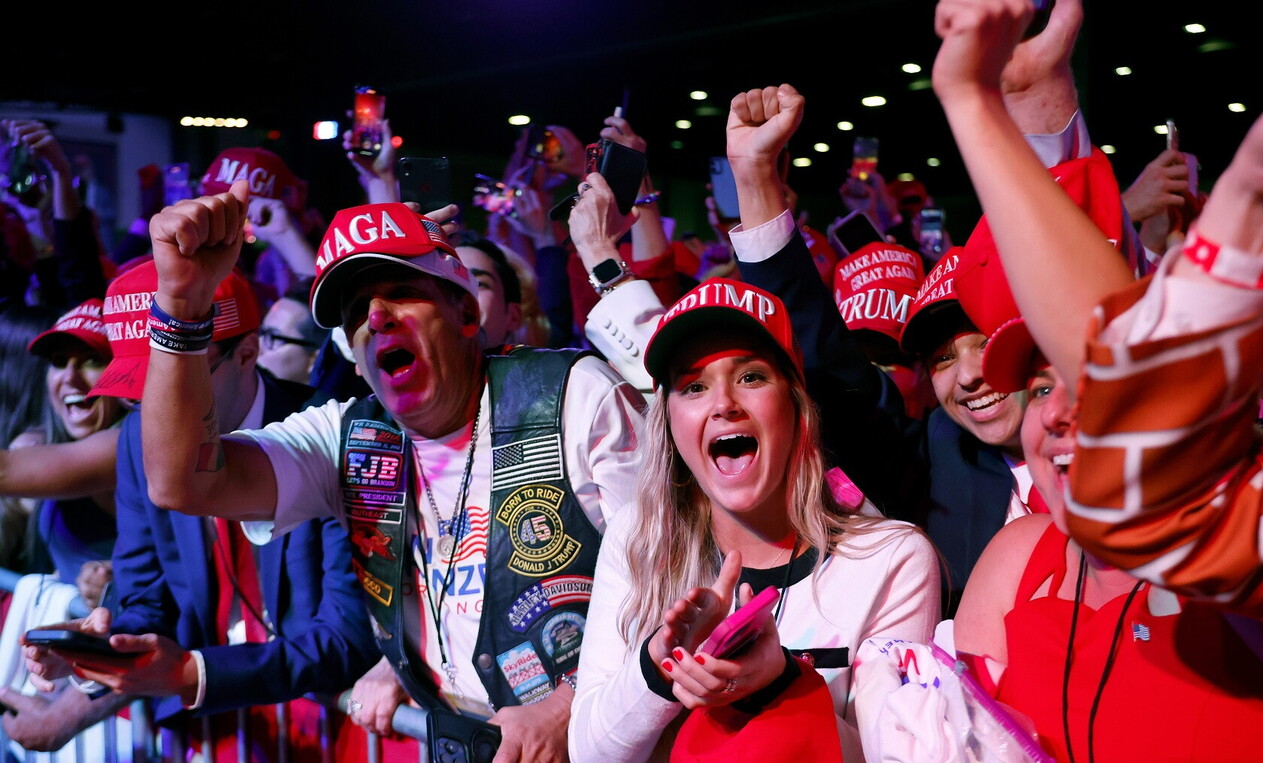
The end of american exceptionalism?
Unpredictability may well become the hallmark of Donald Trump’s foreign policy. Many observers believe his approach will follow a transactional logic, driven by a single principle: U.S. national interest above all else.
This shift is not entirely new. Since the Obama administration, the U.S. has been retreating from its role as the world’s ‘policeman,’ a trend symbolized by the dramatic withdrawal from Afghanistan—initiated by Trump and executed by Biden in August 2021.
Despite this retreat, the U.S. remains the anchor of the liberal order that has upheld global stability since World War II. But that order is under threat from the so-called ‘Axis of Aggressors’—China, Russia, Iran, and North Korea—whose shared goal is to dismantle Western hegemony.
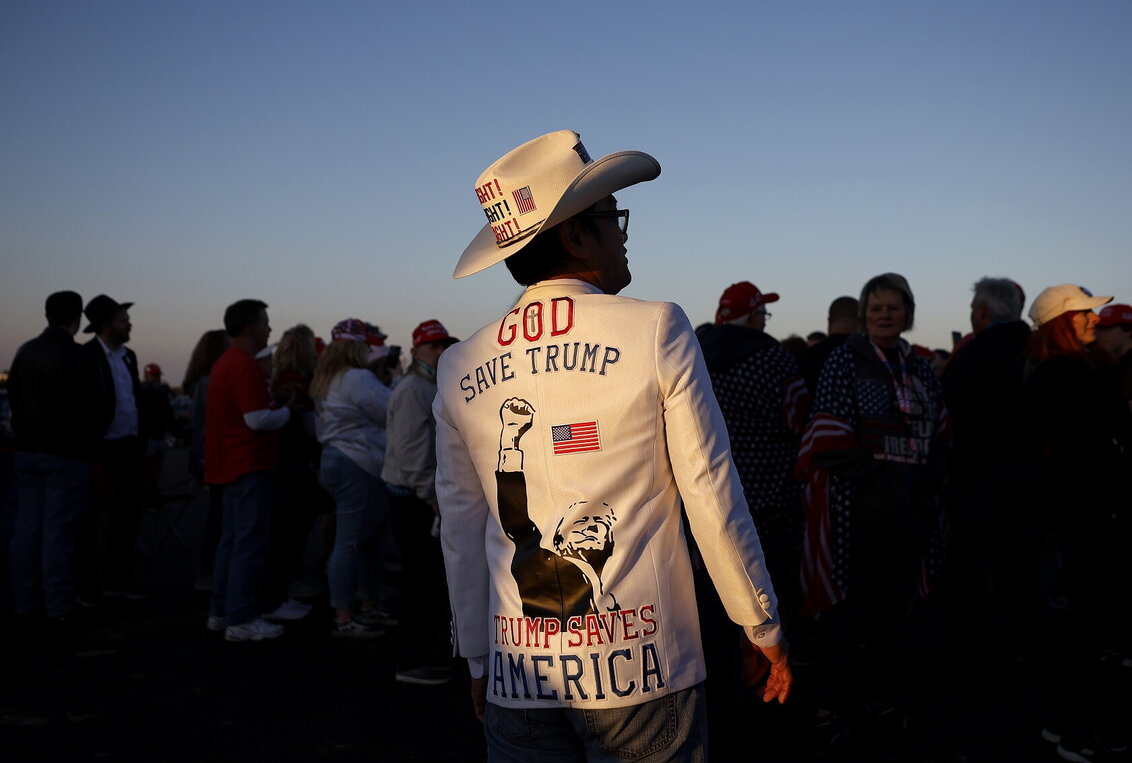
As Daniel W. Drezner wrote in Foreign Affairs, Trump’s presidency could mark the end of American exceptionalism—the idea that began with Harry Truman’s presidency, where the U.S. pursued not only its national interests but also the global promotion of democracy and freedom.
During his campaign, Donald Trump called tariffs ‘one of the most beautiful terms in the dictionary.’ His plan includes a 100 percent tariff on Chinese goods and a 10 percent tariff on imports from the rest of the world, including the European Union. In his first term, Trump—like several Democratic presidents before him—urged NATO partners to raise defense spending to at least 2 percent of GDP. Simply agitating on these issues could yield results. The U.S. might restore its trade balance with the EU without fully imposing tariffs or by applying them only partially.
In foreign policy, Trump may lean on the principle of ‘Peace through Strength’—projecting force to secure peace. This strategy has guided several U.S. presidents, most notably Ronald Reagan during the final stages of the Cold War with the USSR. Under Trump, this approach could shape U.S. policy in the Middle East and its response to Russia’s aggression against Ukraine.
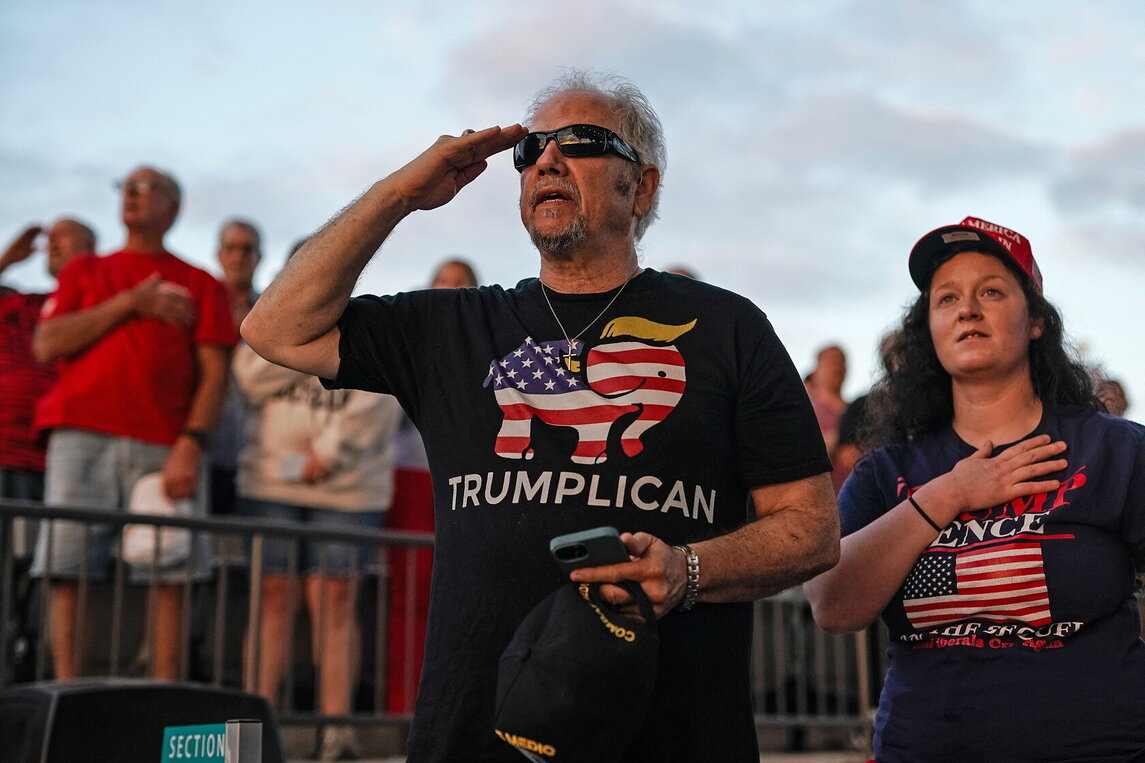
The new administration’s stance on Russia
Days after the U.S. elections, The Wall Street Journal reported rumors of a possible armistice between Russia and Ukraine. The proposal would freeze the current territorial status, recognizing Russia’s control of areas it has occupied since February 2022, along with Crimea. A European peacekeeping force would act as a deterrent against further aggression, while Ukraine would agree to delay NATO membership for 20 years in exchange for a steady supply of weapons to defend against potential attacks.
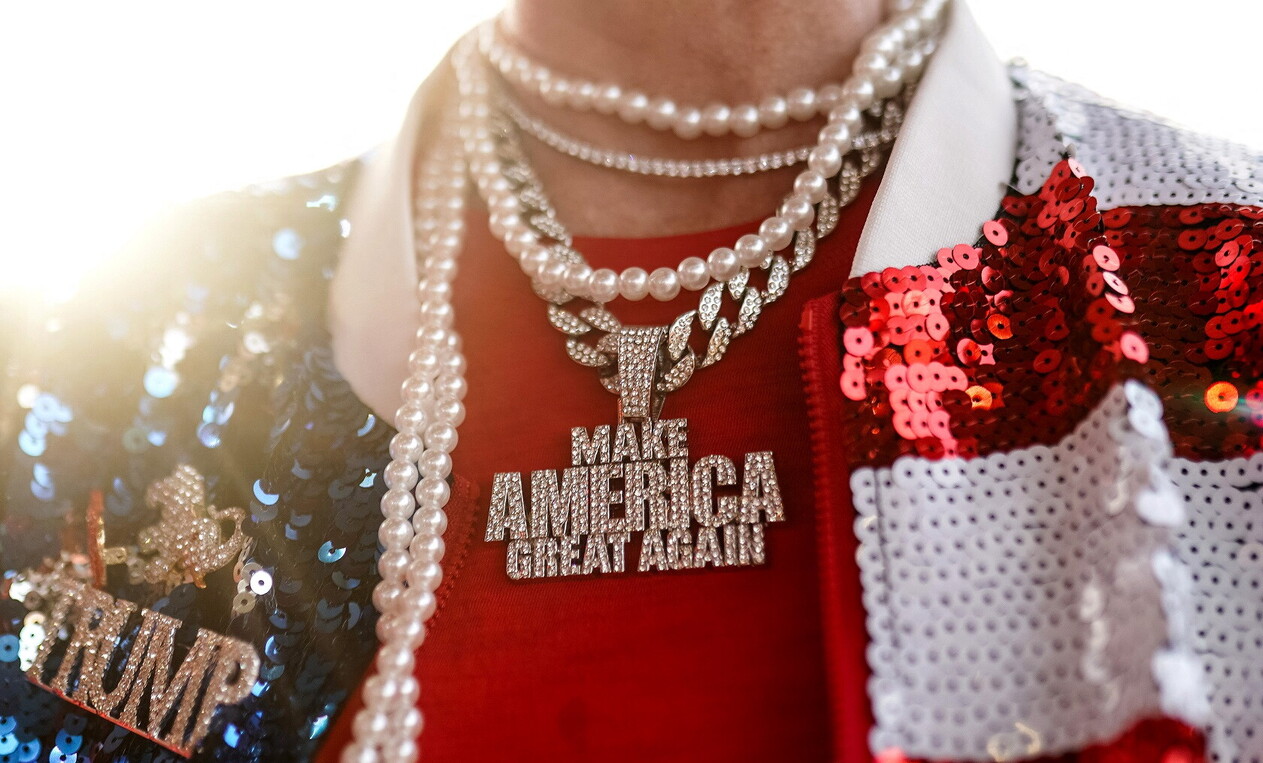
It’s hard to predict if this will be the course taken by the new administration. The key indicator to watch is the actual, immediate interest of the United States. Would Washington back a ceasefire that alienates Europe and Ukraine while allowing Putin—militarily backed by China (via dual-use technology), Iran (through ballistic missile supplies), and North Korea (with troops on the ground)—to emerge as the apparent victor?
On energy, the new administration has already signaled its intention to withdraw from the Paris Climate Agreement. Trump’s campaign slogan ‘Drill, baby, drill’ made clear his commitment to promoting fossil fuel extraction. Even Kamala Harris, during her campaign, affirmed she had no intention of banning fracking. A sharp break from Joe Biden’s Green New Deal is all but certain. Climate change policy will become a key battleground in Trump’s relationship with international bodies.
Defense, industry and competitiveness, technological innovation, and the environment will be the key benchmarks for assessing the quality of relations between Washington and Brussels.

